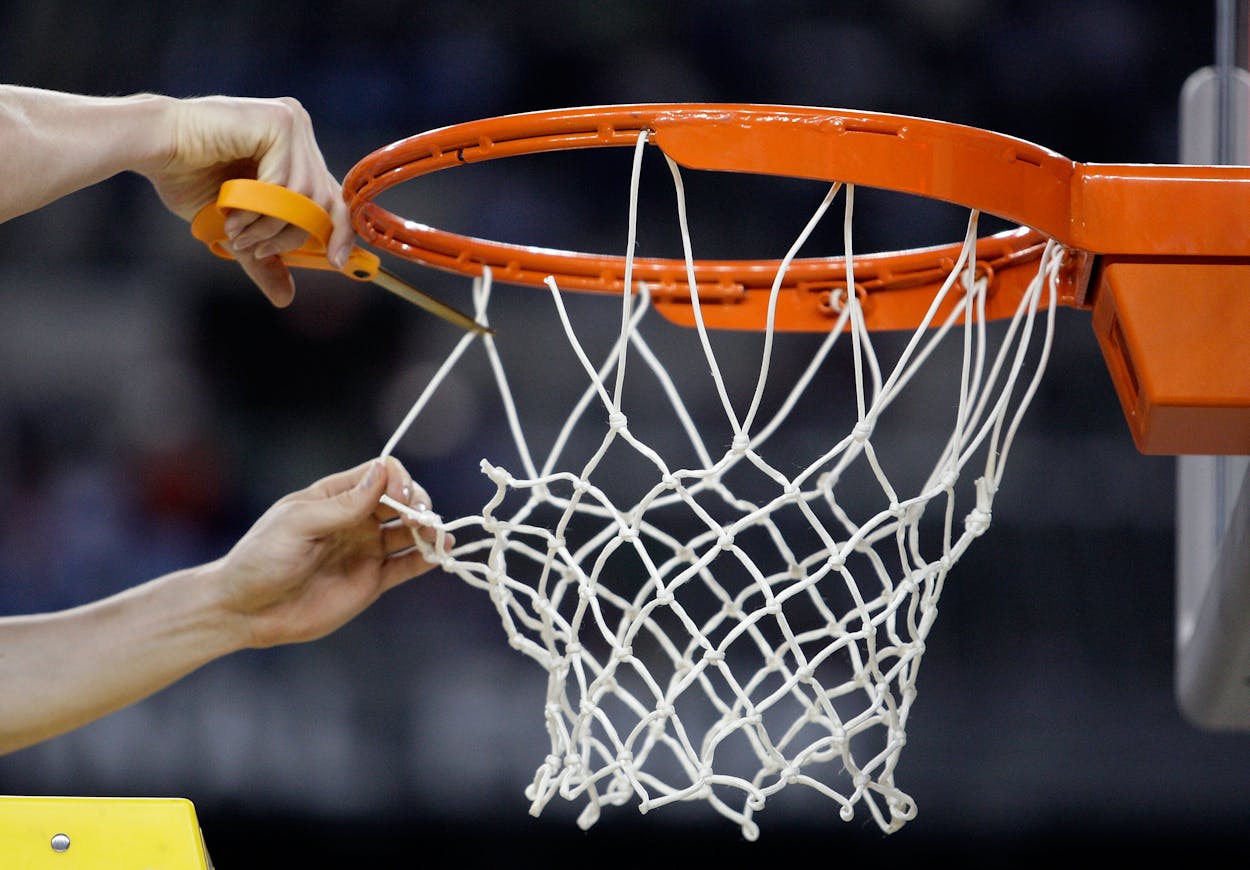In a swift and stunning shift last week, North Carolina lawmakers voted to repeal and replace the state’s bathroom bill. Since the legislation was signed into action almost exactly a year ago, North Carolina has been slammed by critics arguing that the bill—which blocked cities from allowing transgender people from using the public restrooms they identify with—was anti-LGBT and would have potentially devastating consequences for the state’s economy. Businesses threatened to bolt, and North Carolina watched as a stream of companies, including Pay Pal, Deutsche Bank, and Adidas, departed or canceled plans to expand in the state.
The kiss of death, however, came from the National Collegiate Athletic Association, the powerful governing body of college sports. North Carolina is home to a number of college programs that compete in the Atlantic Coast Conference, arguably the premier athletics conference in college sports. It also regularly hosts championship events, including the ACC and NCAA basketball tournaments, both of which generate a bunch of revenue for the state and have become part of the fabric of North Carolina’s cultural and economic identities (remember, the state is home to the Duke Blue Devils and this year’s NCAA champion, the UNC Tar Heels).
But the NCAA moved those events out of the state this year in protest of the bathroom bill, and last week ago the organization offered an ultimatum to North Carolina lawmakers: get rid of the bill in 48 hours, or else they’d never see another NCAA playoff event in North Carolina again. The state scrambled to pass a repeal, and while it doesn’t completely undo the original legislation—the compromise included implementing a three-year ban preventing local governments from passing non-discrimination ordinances—it appears to have saved the state from bathroom bill purgatory.
What happened in North Carolina could possibly be a preview for Texas should the House ultimately pass Lieutenant Governor Dan Patrick’s pending legislation that would place similar gender restrictions on public restrooms. The question is, however, would the story end the same way, with Texas giving in to pressure and repealing the law? Or, in light of the North Carolina situation, will the bill even make it that far? Patrick’s bill has already been met with fierce resistance from Texas’s LGBT and business communities, and as experts espouse the idea that the state could suffer a multi-billion dollar shortfall in reaction to the bathroom bill, some Texas Republicans have soured on the legislation. House Speaker Joe Straus, for example, strongly condemned the bill in March. Obviously, before Texas could even consider repealing a bathroom bill, it’d have to pass one into law first, and the outcome in North Carolina certainly does nothing to solidify what appears to be an already-shaky level of support in the House.
Whatever happens in the Lege, the way North Carolina buckled under pressure from the NCAA certainly has specific implications on Texas. The Lone Star State often hosts college playoff events—last year, Houston hosted the men’s basketball Final Four; this year, the women’s Final Four was in Dallas; and San Antonio is slated to host the men’s Final Four next year. The NCAA has yet to publicly comment on Texas’s pending bathroom bill, but if the organization ends up offering a similar ultimatum to Texas lawmakers, it’s not immediately clear who would blink first. For right now, Patrick is still talking tough. “They can take away our basketball games,” Patrick said during a radio interview last Thursday, according to the Texas Tribune. “I’m not going to let the NCAA run the state of Texas. This is absurd.”
If the bill ultimately passes and Patrick and the rest of the Lege stick to their guns, it would likely leave the NCAA with little choice but to remove the Final Four from San Antonio, or at least bar future main events from being hosted by Texas. According to the Tribune, eight NCAA events (including the 2018 Final Four) are currently scheduled in Texas through 2019 alone. For as long as Texas lawmakers push for a bathroom bill, it’s likely that all of those events are in jeopardy of being relocated. The NCAA is not messing around, as it proved with its bullishness in dealing with North Carolina.






